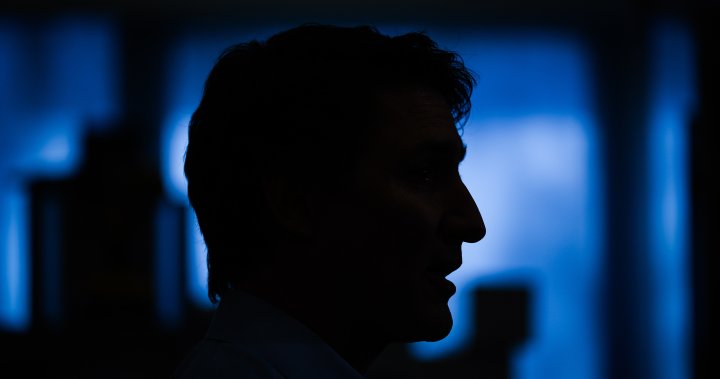The Trudeau government released its 2024 budget with a focus on bringing “fairness for every generation” by allocating billions to housing and introducing a new capital gains tax on the wealthy. This strategy is seen as an attempt to regain the support of younger voters, particularly millennials and Gen Z. However, former Liberal deputy prime minister John Manley is skeptical that these measures will be enough to ensure Prime Minister Justin Trudeau’s re-election, citing a historical pattern in Canadian politics where leaders tend to serve around nine to ten years in power before being replaced.
Manley points out that Canada is not unique in this trend, referencing former leaders in countries like France and the UK whose time in power also came to an end after around the same number of years. He suggests that Canadians may be ready for a change and may perceive Trudeau’s tenure as reaching its expiration date. The younger voters that Trudeau is targeting with his budget initiatives have experienced economic uncertainty due to events like the 2008 financial crisis, the COVID-19 pandemic, record inflation, and a lack of affordable housing, which has led to frustration among this demographic.
Former Conservative deputy leader Lisa Raitt emphasizes the importance of addressing the housing crisis to retain young people and attract investment. Recent polling suggests that Conservative Leader Pierre Poilievre is gaining support among young voters, leading Trudeau to make efforts to regain their favor through measures like housing funding, free contraceptives, and the “right to disconnect.” However, former parliamentary budget officer Kevin Page notes that Trudeau’s shift towards a fairness-focused message in the budget may not be convincing enough for Canadians who are tired of seeing the same political narratives play out.
The 2024 budget includes numerous measures aimed at improving the lives of younger Canadians, such as addressing the housing crisis and providing support for key issues affecting millennials and Gen Z. Trudeau’s attempt to win back younger voters is seen as a pre-election strategy by some, with the budget containing various initiatives designed to appeal to this demographic. Despite these efforts, Manley believes that Trudeau’s message to millennials and Gen Z may not be enough to sway voters who are seeking something new.
The current political landscape in Canada is characterized by an increasing focus on the needs and concerns of younger generations, particularly in light of economic challenges and social issues that have impacted their lives. The budget reflects a shift towards addressing these issues and appealing to younger voters who have become disillusioned with the status quo. Trudeau’s attempt to position himself as a champion of fairness and equality across generations may be a tough sell to a population that is looking for fresh leadership and new solutions to their challenges. Ultimately, the success of Trudeau’s re-election campaign will depend on his ability to connect with and address the needs of a diverse electorate, including the crucial millennial and Gen Z voting bloc.


